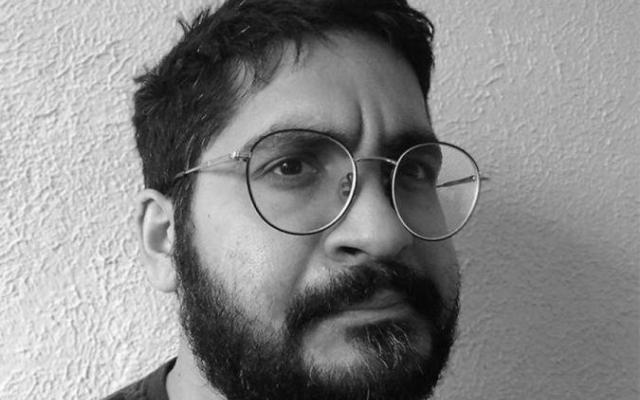
NYU Professor Ahmed Ansari will discuss how designerly practice, buoyed not by the efficaciousness of an intervention but by imaginative speculation, can be informed by and feed into digital humanities practice.
His talk will lead the audience through a digital humanities project he has been working on with two colleagues at NYU over the past two years. This NEH-funded project entailed working with curators and archivists at the New York Botanical Gardens on bryophyte (moss) collections, with the aim of bringing together scientists, humanists, and artists to workshop and converse around how we might not only redesign public-facing digital archives incorporating historical, anthropological, and other forms of knowledge, but rethink the design - the form and architecture - of archives themselves to conform to their subject matter better, and to design these archives in such ways that they address historical issues in how the collections were first constituted, drawing from feminist, Marxist, and decolonial critiques in the history of science.
Engaging with the three core themes of this project: subject, sensation, and scale, he will attempt to show, through an engagement with Black Studies and Non-Anglo-European challenges to writing (scientific) histories; a comparative study of Japanese and German atmospheric philosophy; and plant metaphors in the history of computation, how the humanities and design can inform and enrich each other in speculating on new forms, architectures, and interactions vis-a-vis digital archives and collections.
This talk is part of our Humanistic Design Speaker Series.
About the speaker
Ahmed Ansari is an Industry Assistant Professor in the department of Technology, Culture & Society at NYU Tandon. His research interests intersect between design studies and history, philosophy of technology, non-Anglo-European knowledge systems, and anticolonial theory, with an area focus on the Indian subcontinent. His work in the digital humanities looks at how the perspectives of scientists and humanists can inform each other in the creation of public-facing archives and projects. Dr. Ansari has a PhD in Design Studies from Carnegie Mellon University.
Who can attend?
Open to the public, the campus community, students, research scholars, faculty, staff, and alumni.
Contributions to and/or sponsorship of any event does not constitute departmental or institutional endorsement of the specific program, speakers or views presented.